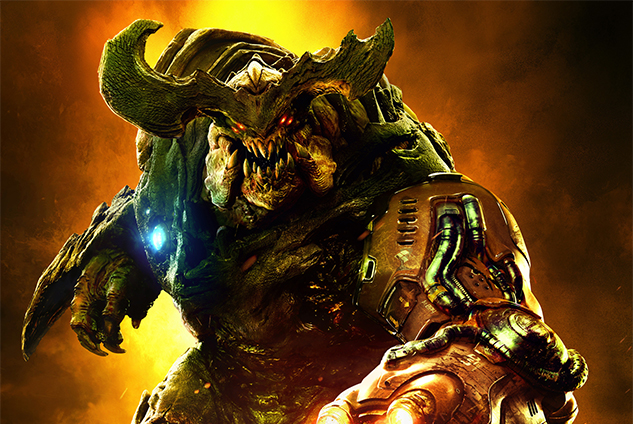
NB: The StatID says something about a 34-minute run which is incorrect, and also segment 23 has the wrong segment number. This is argle's second go at the game with increased zeal after he found his first casual tryst with this casual game accruing views on his YouTube.

There are subtler time-saving techniques here, too, including choosing the right way to pass between screens efficiently and trying to make many things happen concurrently, all explained in the pro-grade comments. Michael 'arglefumph' Gray instead split his 0:33:26 into smaller, unerring morsels, numerically 28 of them, which conveniently also interrupts certain animations that otherwise hog up time at no-one's behest. But wait, the Nancy Drew games are casual too apparently? I think "casual" is as much a calculated marketing/profiling move as anything.Īnyway, while this game is normally paid-for, there IS energy required in marathoning through all the puzzles without insensible stumbles, so There's things you'll want to commit to long-term memory, and there's following the story through mindfully, whereas the little exposure I've had to hidden object stuff suggests the stories, at least, a child can understand. According to the definition currently up on wiki, shouldn't a lot of graphical adventure games always have been casual since something like Maniac Mansion or Loom? That is if we only require "simpler rules, shorter sessions, and less learned skill", since such games tend to be quite intuitive on a basic level. Past that, I've been lost about what it means if a game is "casual". The small difference is the specific emphasis on, well, hidden object puzzles, but in this game and presumably the whole series, there is also tons of everything else – rotating wheels, sliding tiles, and your common-or-garden item combination – so the lines are very blurry though certain conventions exist (like you need very crisp graphics to effectively hide things I suppose).

Secondly, I've lost the big difference between a traditional point-and-click adventure game and this "hidden object" game. A system where, while the download is free, your daily play time is limited by in-game "energy" obviously on offer for cash and I was wondering how the runner circumvented that but that was all in my mind. It's Lost Lands: Dark Overlord from an expansive series which are mostly pay-once, but a few of them Five-BN implemented something more mobiles-like in.

The next one really had me a bit lost as I confused it with one of its siblings.


 0 kommentar(er)
0 kommentar(er)
